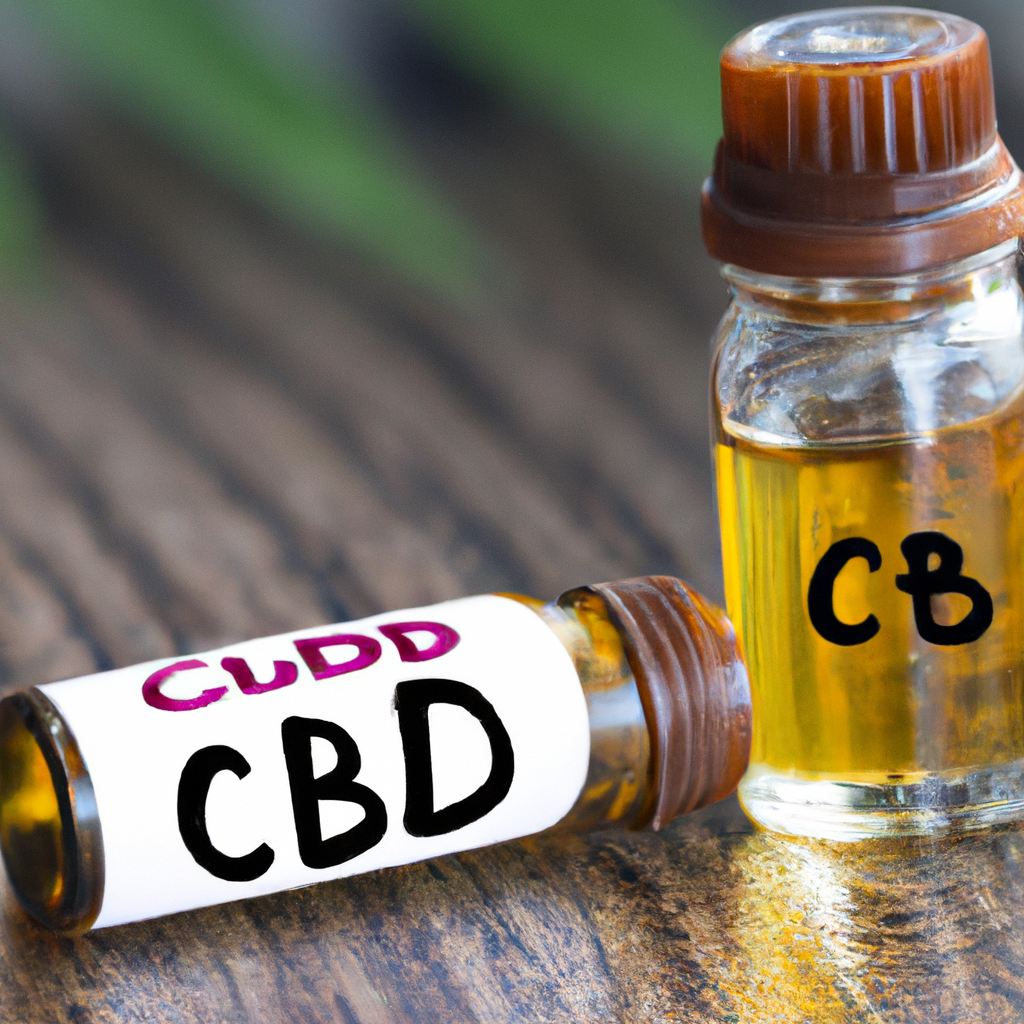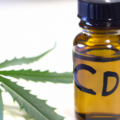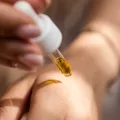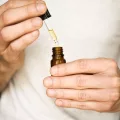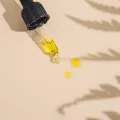Introduction
CBD oil has become a popular natural remedy for various ailments, including anxiety, pain, and inflammation.
As more people discover the benefits of CBD oil, it’s essential to understand the correct dosage to avoid potential side effects.
In this article, we’ll explore safe CBD oil dosages and provide tips on how to find the right dose for your needs.
Main Section(s)
Section 1: Understanding CBD Oil Dosages
CBD oil dosages vary depending on factors such as weight, age, and the condition you’re treating.
It’s crucial to start with a low dose and gradually increase it until you find the optimal dose that works for you.
Table 1 provides a general guideline for CBD oil dosages based on weight.
| Weight | Dosage |
|---|---|
| 25-50 lbs | 10-20 mg |
| 50-75 lbs | 20-30 mg |
| 75-100 lbs | 30-40 mg |
| 100-150 lbs | 40-60 mg |
| 150-200 lbs | 60-80 mg |
| 200-250 lbs | 80-100 mg |
It’s important to note that these dosages are not set in stone and may vary depending on the individual’s sensitivity to CBD oil.
Always consult with a healthcare professional before starting any new supplement.
Section 2: Factors That Affect CBD Oil Dosages
Several factors can affect CBD oil dosages, including the type of CBD oil, the method of consumption, and the severity of the condition.
Table 2 provides an overview of the different types of CBD oil and their recommended dosages.
| Type of CBD Oil | Recommended Dosage |
|---|---|
| Full-spectrum CBD oil | 10-20 mg |
| Broad-spectrum CBD oil | 15-30 mg |
| CBD isolate | 20-40 mg |
The method of consumption also affects CBD oil dosages. For example, sublingual consumption (under the tongue) has a faster onset time and higher bioavailability than oral consumption.
Smoking or vaping CBD oil has the fastest onset time but may not be suitable for everyone.
Lastly, the severity of the condition also affects CBD oil dosages. Individuals with mild symptoms may require a lower dose than those with severe symptoms.
Always start with a low dose and gradually increase it until you find the optimal dose for your needs.
Section 3: Tips for Finding the Right CBD Oil Dosage
Finding the right CBD oil dosage can be a trial and error process. Here are some tips to help you find the optimal dose for your needs:
- Start with a low dose and gradually increase it until you find the optimal dose.
- Keep a journal to track your symptoms and the dosages you’ve taken.
- Consult with a healthcare professional before starting any new supplement.
- Be patient and give your body time to adjust to the CBD oil.
Conclusion
CBD oil can provide various benefits, but it’s essential to understand safe dosages to avoid potential side effects.
Always start with a low dose and gradually increase it until you find the optimal dose that works for you.
Remember to consult with a healthcare professional before starting any new supplement and be patient during the trial and error process.
FAQ
FAQ 1: Can I overdose on CBD oil?
No, it’s unlikely to overdose on CBD oil. However, taking too much CBD oil may cause side effects such as dry mouth, dizziness, and diarrhea.
FAQ 2: Is CBD oil legal?
CBD oil is legal in most states as long as it contains less than 0.3% THC.
However, it’s essential to check your state’s laws before purchasing CBD oil.
FAQ 3: Can I take CBD oil with other medications?
CBD oil may interact with certain medications, so it’s crucial to consult with a healthcare professional before taking CBD oil with other medications.
FAQ 4: How long does it take for CBD oil to work?
The onset time for CBD oil varies depending on the method of consumption.
Sublingual consumption has a faster onset time than oral consumption, while smoking or vaping CBD oil has the fastest onset time.
FAQ 5: Can I give CBD oil to my pets?
Yes, CBD oil is safe for pets, but it’s essential to consult with a veterinarian before giving CBD oil to your pets.
FAQ 6: Can I get high from CBD oil?
No, CBD oil does not contain THC, the psychoactive compound that causes a high. CBD oil may provide various benefits without the psychoactive effects of THC.
I am a CBD enthusiast and creator of DJ Hemp who has made it my mission to enlighten the world about the cannabis industry through thought-provoking literary works.
I have successfully fostered an open-minded, inquisitive community that is eager to learn more about the potential benefits of CBD.
Contact me at [email protected] for assistance.

